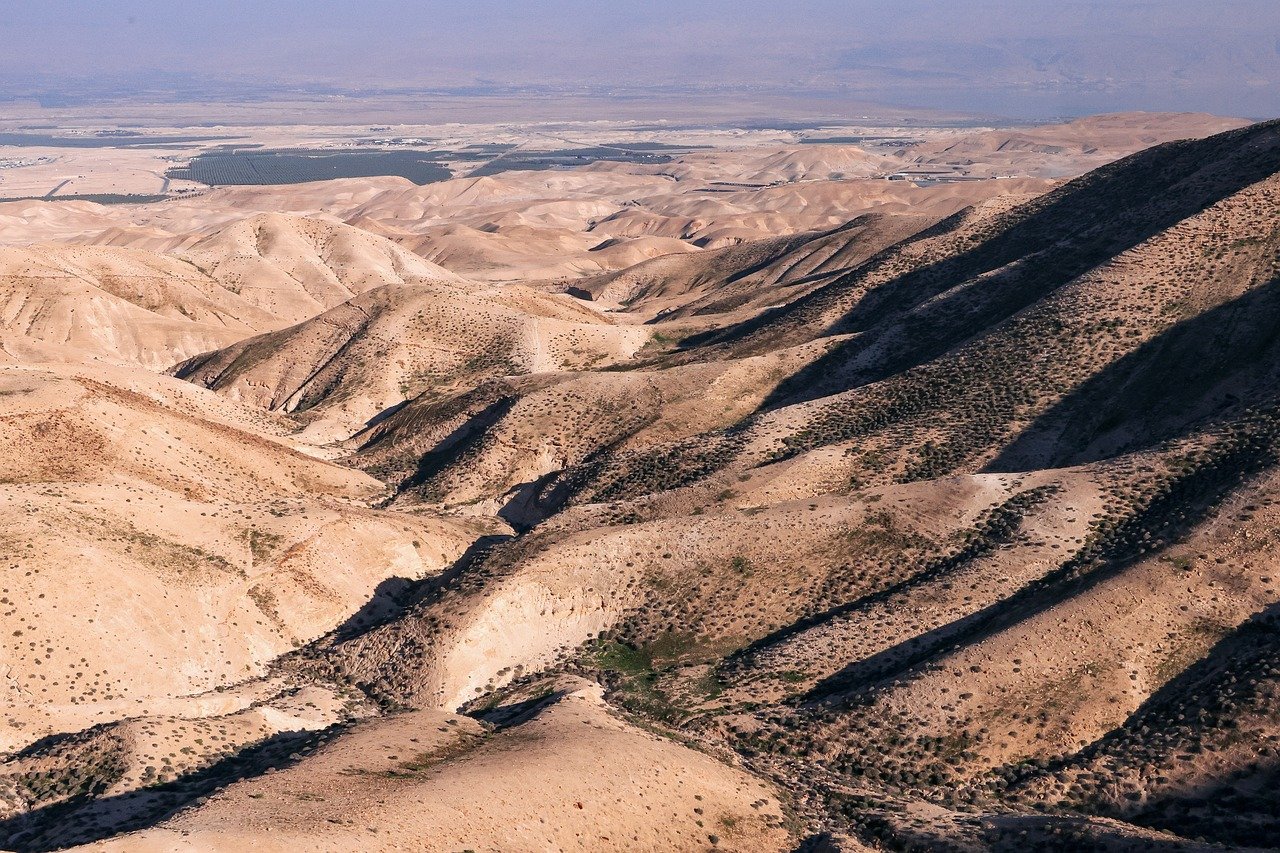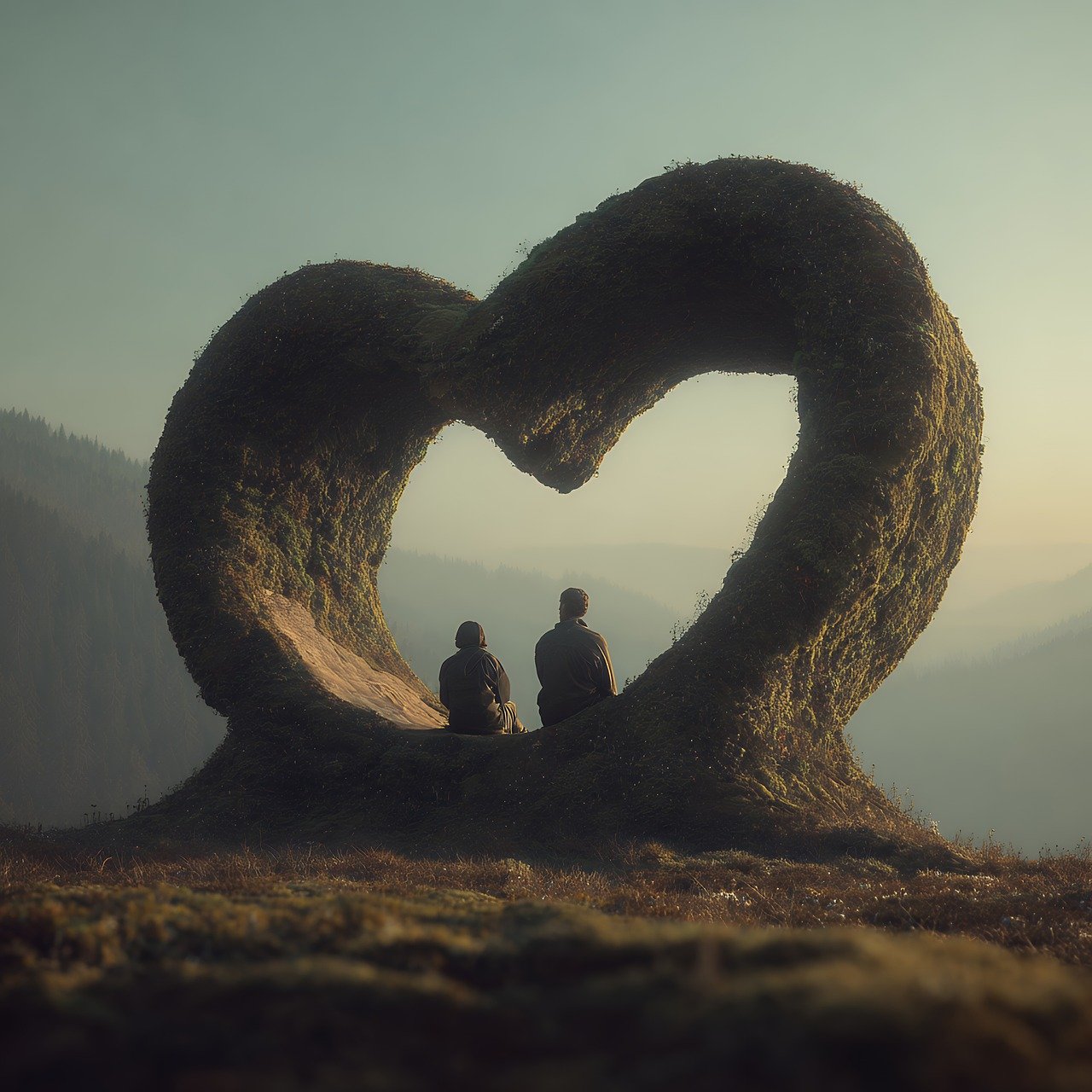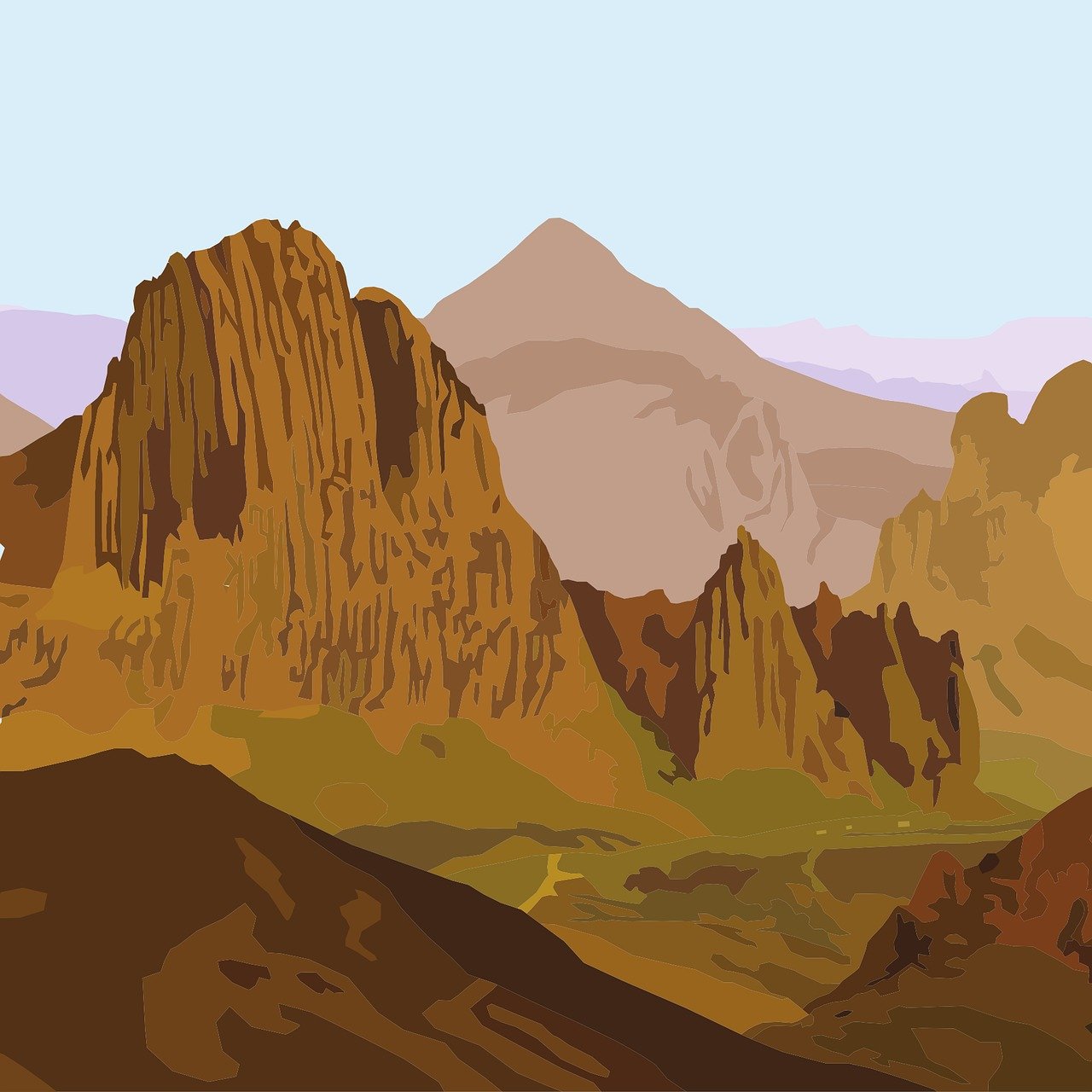Experience Brazil Through Its Music: A Journey into Samba, Bossa Nova, and Forró
Brazil is a country of vibrant cultures, stunning landscapes, and an unmistakable zest for life that permeates every aspect of its identity. Perhaps nowhere is this exuberance more apparent than in its music, which serves as a deeply woven thread in the country’s social and cultural fabric. From the lively beats of samba to the serene melodies of bossa nova, and the rhythmic charm of forró, Brazilian music offers a window into the heart and soul of this captivating nation.
The Origins and Evolution of Samba
Samba is arguably the most iconic of Brazil’s musical styles, synonymous with the country’s famed Carnival. Originating in the early 20th century, samba’s roots can be traced back to the Afro-Brazilian communities in Bahia before blossoming in the vibrant neighborhoods of Rio de Janeiro. Combining African drum rhythms with Portuguese musical traditions, samba evolved into a rich tapestry of sound that celebrates both cultural diversity and unity.
Visiting Brazil during Carnival provides an unparalleled opportunity to experience samba in its most authentic form. The parades, filled with dazzling costumes and enthralling dances, highlight the powerful influence of samba on Brazilian culture. Yet, samba is not confined to the parade routes; it thrives in local clubs, bars, and spontaneous street gatherings. For those looking to delve deeper into samba’s history and influence, a visit to the Museum of Tomorrow in Rio offers insightful exhibits and interactive experiences.
The Smooth Sounds of Bossa Nova
In stark contrast to samba’s frenetic energy, bossa nova offers a more subdued, introspective musical experience. Emerging in the late 1950s, bossa nova was born from the fusion of samba and jazz, characterized by its gentle rhythms and sophisticated harmonies. It was the brainchild of musicians like João Gilberto and Antonio Carlos Jobim, whose hit “The Girl from Ipanema” catapulted the genre to international fame.

Exploring Brazil’s bossa nova scene takes you to the chic neighborhoods of Rio, where the genre first flourished. Cafés and lounges in areas like Ipanema and Copacabana often feature live bossa nova performances, providing a serene backdrop to the city’s bustling beach life. For enthusiasts, a pilgrimage to the statue of Tom Jobim in Rio offers a chance to pay homage to one of the genre’s most influential figures.
Forró: The Heartbeat of Northeastern Brazil
Traveling to Brazil’s northeastern regions reveals another musical treasure: forró. This lively and upbeat genre, often associated with the festive Junina celebrations, captures the spirit of rural Brazilian life. With roots in the agricultural communities of the northeast, forró mixes accordion, triangle, and zabumba to create rhythmic melodies that invite even the most reluctant dancer to join in.
Experiencing forró firsthand means diving into the local culture of cities like Recife and Salvador. Here, traditional forró bands perform at local dance halls, known as “forró pé de serra,” where locals and tourists alike can experience the communal joy of dance. The music’s infectious rhythm and lyrical storytelling provide a deeper understanding of the region’s cultural and historical tapestry.
Brazilian Music’s Global Influence
Brazilian music’s appeal extends far beyond its borders, influencing genres and artists worldwide. The bossa nova wave of the 1960s, for instance, left an indelible mark on American jazz, inspiring musicians like Stan Getz and Frank Sinatra to incorporate its smooth harmonies into their repertoires. Similarly, samba’s infectious beats have resonated with global audiences, finding their way into contemporary pop and dance music.
The international appeal of Brazilian music underscores its universal themes of love, joy, and resilience. It serves as a testament to Brazil’s rich cultural legacy and its ability to connect people across different backgrounds and experiences. The ongoing fusion of Brazilian music with global sounds continues to evolve, drawing new listeners into its vibrant world.
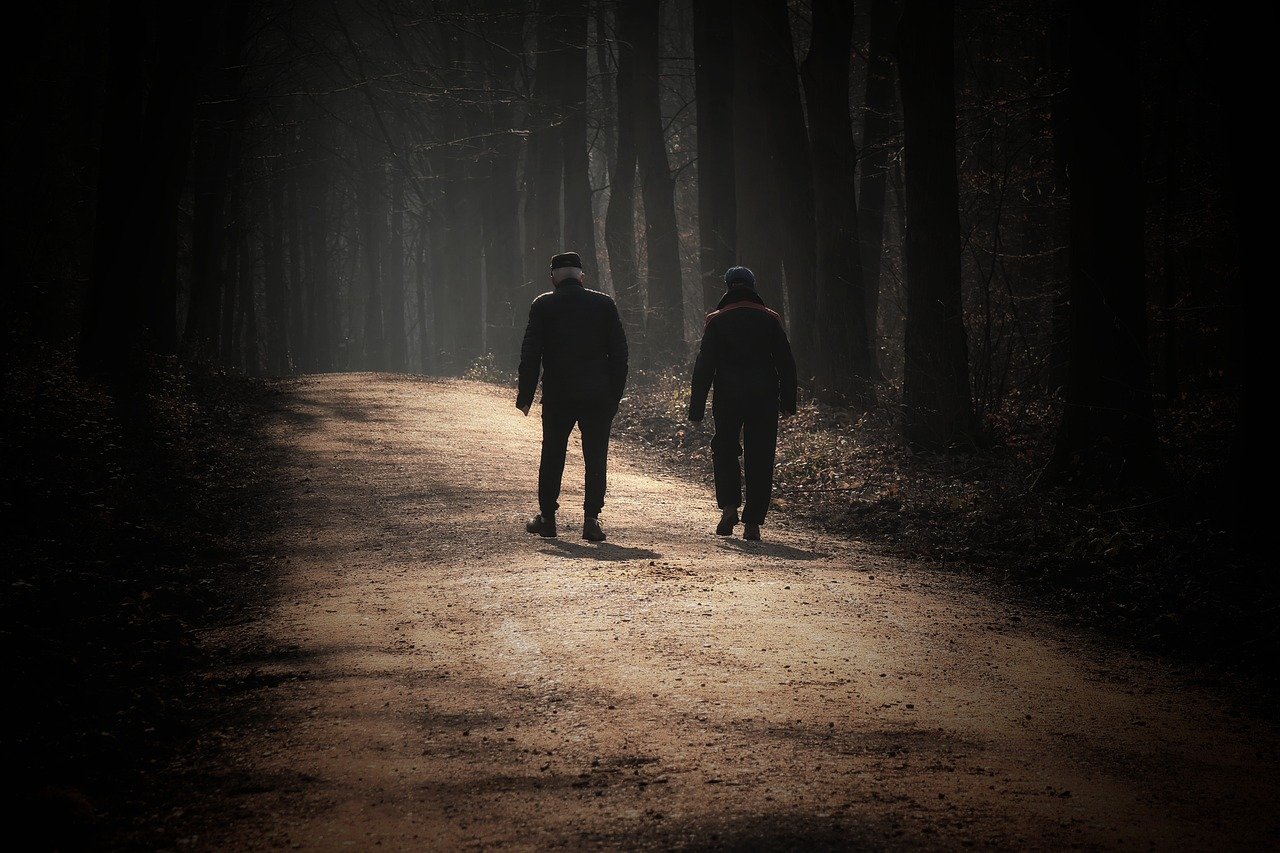
Conclusion: Embarking on a Musical Journey Through Brazil
Embarking on a musical journey through Brazil offers more than just an auditory experience; it’s an exploration of the country’s soul. Samba, bossa nova, and forró each tell unique stories of Brazil’s past, present, and future, offering insights into the diverse cultures and traditions that define this captivating nation. Whether you’re strolling through the bustling streets of Rio, relaxing on a beach in Ipanema, or dancing the night away in a forró club, Brazil’s music invites you to become a part of its story.
For travelers seeking to experience the richness of Brazilian music, visiting during cultural festivals or engaging with local musicians provides a deeper appreciation of the country’s artistic landscape. Each note and rhythm offers a glimpse into the heart of Brazil, welcoming you to embrace its vibrant spirit.
Immersing Yourself in Local Music Venues
For a truly immersive experience, seek out the local music venues that celebrate Brazil’s diverse musical heritage. In Rio de Janeiro, the historic neighborhood of Lapa is renowned for its vibrant music scene. The area is home to numerous bars and clubs where samba reigns supreme, such as the iconic Circo Voador. Here, locals and tourists mingle to enjoy live performances that capture the essence of Rio’s musical heartbeat.
In São Paulo, the cultural hub of Vila Madalena offers a different musical flavor. Known for its eclectic mix of art, music, and nightlife, Vila Madalena hosts numerous venues where bossa nova and other Brazilian genres are performed by talented local artists. The neighborhood’s bohemian atmosphere invites visitors to explore and discover the contemporary sounds that continue to shape Brazil’s music scene.
Participating in Workshops and Dance Classes
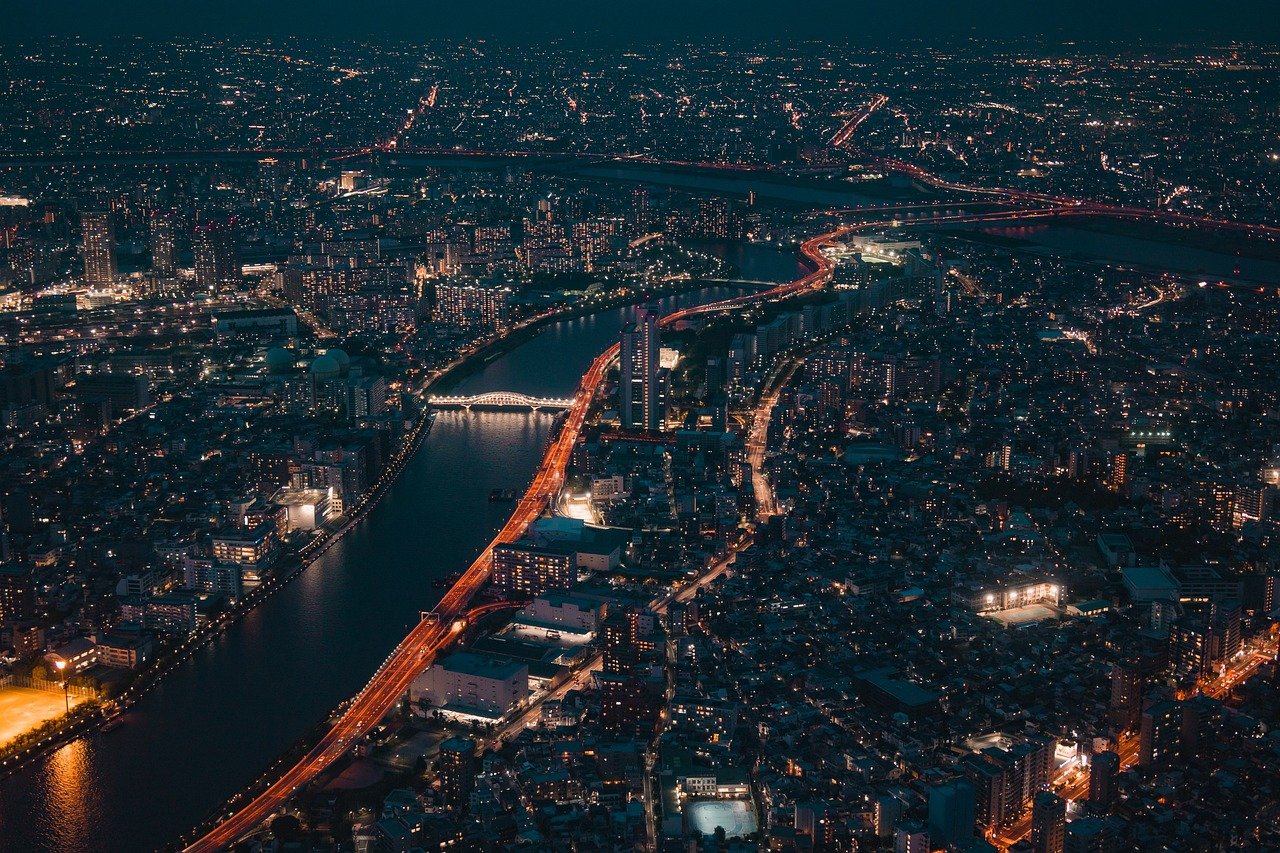
To deepen your connection to Brazilian music, consider participating in a workshop or dance class. Many cities across Brazil offer opportunities to learn from local musicians and dancers, providing a hands-on experience that goes beyond passive listening. Samba schools, for example, open their doors to visitors eager to learn the steps and rhythms that define this energetic dance form. These schools often offer classes that cater to all skill levels, making them accessible to everyone.
For those interested in bossa nova, guitar workshops and vocal classes provide insight into the genre’s intricate musical structures. These sessions are often led by experienced musicians who share their passion and expertise, offering personalized guidance and the chance to play alongside fellow enthusiasts. The experience not only enhances your appreciation of bossa nova but also allows you to connect with the local music community.
Exploring Brazil’s Rich Musical History
Understanding the historical context of Brazil’s music enriches the listening experience and provides a deeper appreciation of its cultural significance. Museums and cultural centers across the country offer exhibits and resources dedicated to preserving and promoting Brazil’s musical heritage. The Museu Villa-Lobos in Rio de Janeiro, for instance, celebrates the life and work of Heitor Villa-Lobos, one of Brazil’s most celebrated composers, whose work bridges classical and popular music.
In Salvador, the Museum of Brazilian Music offers a comprehensive overview of the country’s diverse musical traditions, from indigenous sounds to contemporary influences. Interactive exhibits allow visitors to engage with the music through listening stations and multimedia displays, providing context and understanding of the social and cultural forces that have shaped Brazil’s musical landscape.
Conclusion: The Lasting Impact of Brazilian Music
Brazilian music’s enduring impact on the world stage is a testament to its universal appeal and cultural significance. The country’s rich musical tapestry, woven from the threads of samba, bossa nova, and forró, continues to inspire and captivate audiences around the globe. Whether you’re a seasoned aficionado or a curious newcomer, exploring Brazil through its music offers a rewarding journey into the heart of its people and traditions.
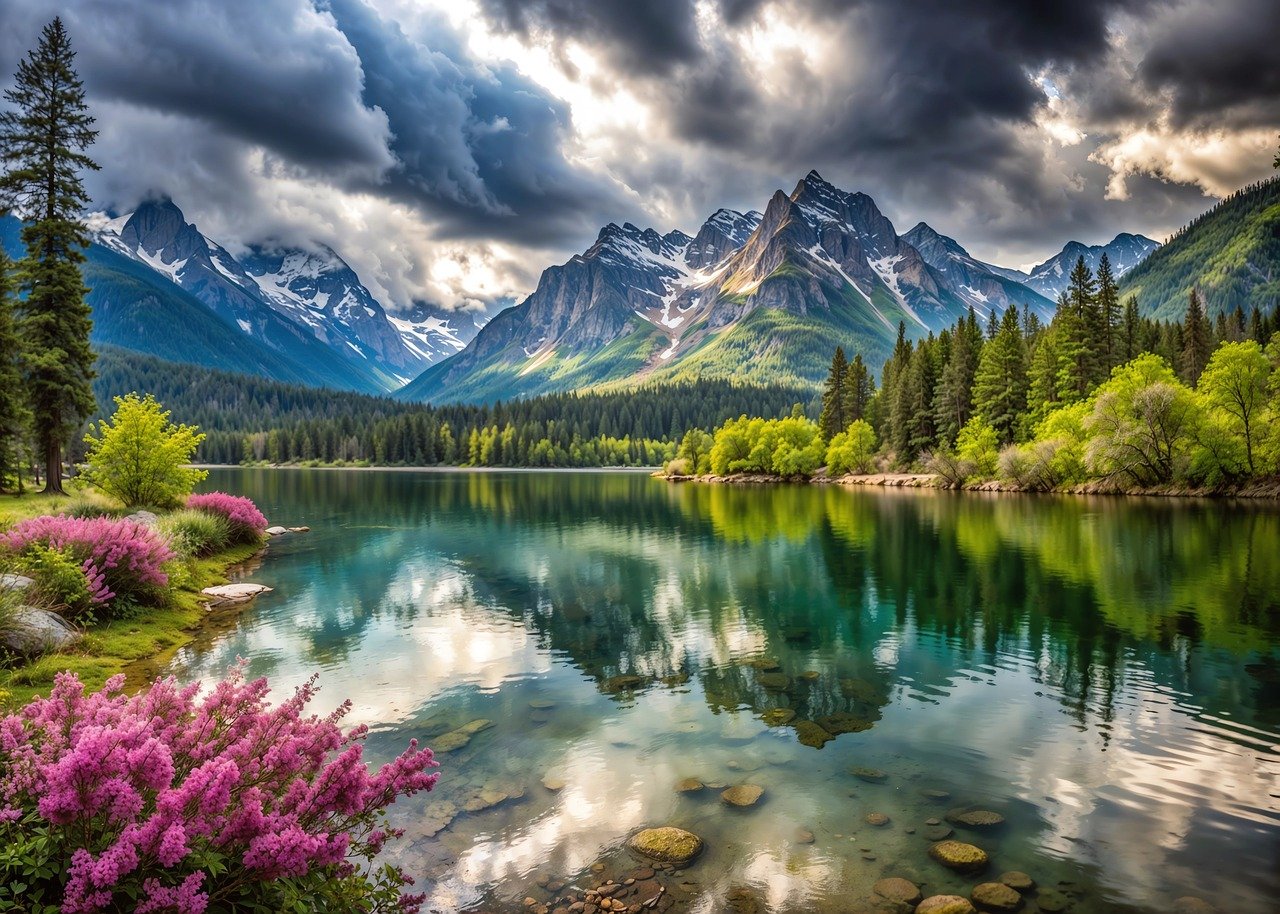
By engaging with Brazilian music in its various forms, travelers can gain a deeper appreciation of the country’s vibrant culture. Whether dancing to the infectious rhythms of samba, relaxing to the soothing melodies of bossa nova, or engaging with the lively beats of forró, each experience offers a unique perspective on Brazil’s vast musical heritage. As you embark on this journey, let the music guide you, revealing the stories and emotions that define this extraordinary nation.
Virtual Experiences and Online Resources
In today’s digital age, the opportunity to experience Brazilian music isn’t confined to geographical boundaries. Virtual experiences and online resources offer a gateway to explore Brazil’s rich musical landscape from anywhere in the world. Popular streaming platforms provide access to vast libraries of Brazilian music, allowing listeners to explore different genres and artists at their own pace.
For those looking to delve deeper, online classes and workshops are available, offering instruction in Brazilian instruments and styles. Platforms like YouTube feature countless tutorials and performances, providing insights into the techniques and artistry behind samba, bossa nova, and forró. Virtual tours of museums and cultural sites also bring Brazil’s musical history to life, making it accessible to a global audience.
Additionally, podcasts and online articles offer commentary and analysis from music historians and cultural experts, providing context and understanding of the intricate relationship between Brazilian music and its societal influences. Engaging with these resources enriches the listener’s experience, offering a multifaceted view of Brazil’s musical heritage.
Brazilian Music Festivals: A Cultural Extravaganza

For those fortunate enough to visit Brazil, attending a music festival is a cultural extravaganza not to be missed. The country hosts numerous festivals celebrating its diverse musical genres, each offering a unique glimpse into Brazil’s artistic soul. The Rio Carnival is perhaps the most famous, with its dazzling samba parades and vibrant street parties drawing millions of participants from around the globe.
The Salvador Carnival, known for its trio elétrico (immense sound systems on trucks) and pulsating Afro-Brazilian rhythms, offers an unforgettable experience that highlights the cultural fusion at the heart of Brazilian music. Meanwhile, the Festival de Inverno in Garanhuns is a celebration of northeastern culture, featuring performances across various genres, including forró, and showcasing the talents of local artists.
These festivals not only provide an opportunity to enjoy live music but also offer a deeper connection to Brazil’s cultural traditions. They serve as a testament to the power of music to unite people, transcending language and cultural barriers to create shared experiences and memories.
The Future of Brazilian Music: Innovation and Tradition
As Brazil continues to evolve, so too does its music, with contemporary artists pushing the boundaries of traditional genres and exploring new sounds and influences. The emergence of genres like funk carioca and Brazilian hip-hop reflects the dynamic nature of Brazil’s musical landscape, blending traditional elements with modern beats and global trends.
Yet, even as new styles gain popularity, the enduring appeal of samba, bossa nova, and forró remains strong. These genres continue to inspire and influence new generations of musicians, ensuring their place in the future of Brazilian music. The ongoing dialogue between innovation and tradition enriches Brazil’s musical heritage, offering a continually evolving soundscape that captivates audiences worldwide.
As you explore the world of Brazilian music, whether through live performances, virtual experiences, or casual listening, you’ll discover a vibrant and diverse tapestry that reflects the country’s rich cultural identity. Embrace the rhythms, melodies, and stories that define Brazil’s music, and let them transport you to the heart of this extraordinary nation.







